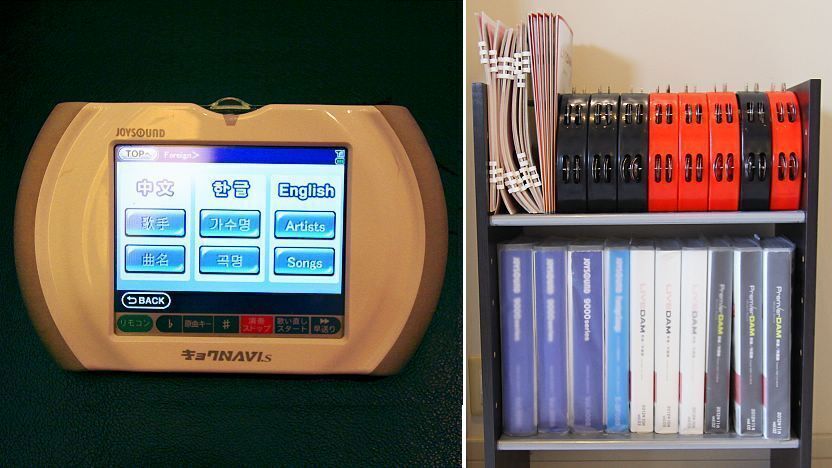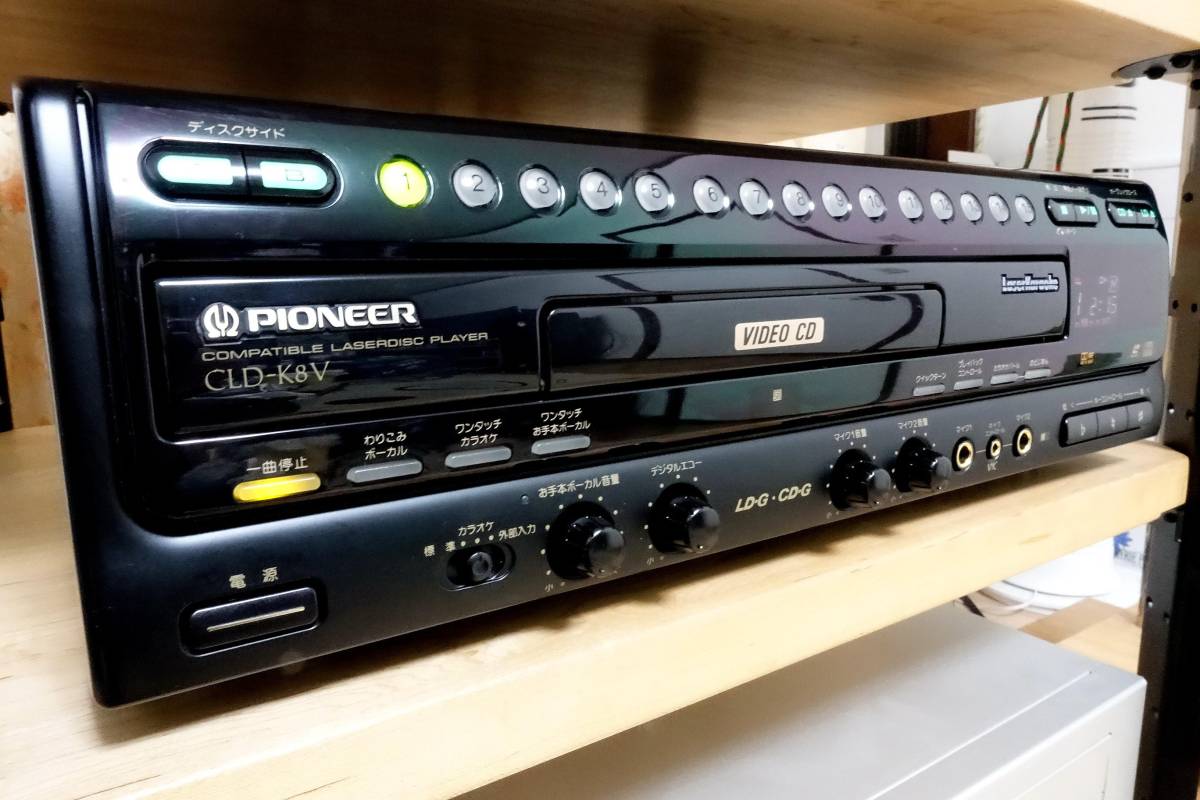

The tension of business negotiations is often relieved by a visit to a karaoke club, after which everyone feels better and the deal is made. Japanese often ask people they meet: What’s your ohaku? “Ohaku” means your “one best song.” Karaokes are found in every town and on almost every city block popular television shows often feature actors and sumo wrestlers singing karaoke-style enka hits and parties are often a succession of guests coming to a microphone and singing songs.

Like other Asians, the Japanese enjoy singing. In any case, even horrible singers are generally applauded by the Japanese for their effort. This "score" is usually based more on loudness than singing ability. The singer's voice is often distorted with a vibrato warble and sometimes a number appears on the video screen after the song is over. Karaoke singers sings into a microphone as the lyrics flash across a video screen, often while swimming squids or naked women are flashed in the background. Urban legend has it that karaoke means “tone-deaf.” Particularly popular in Asia and Asian neighborhoods all over the world, karaoke bars allow patrons to sing their favorite songs along with a synthesized instrumental version of the song with no voice track. The word is a combination of the Japanese words for "empty" ( kara) and "orchestra" ( oke). Shinto shrine girls at a karaoke Kaoroke is a Japanese invention.


 0 kommentar(er)
0 kommentar(er)
